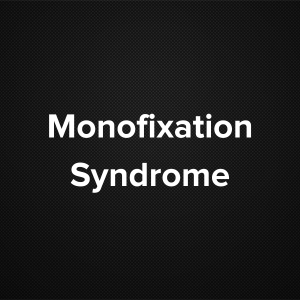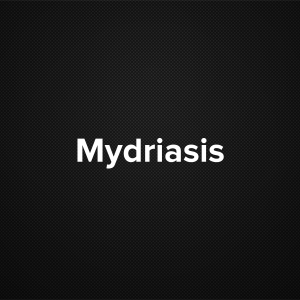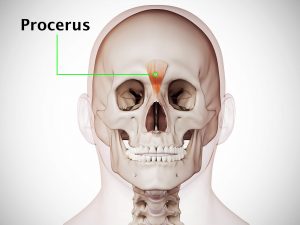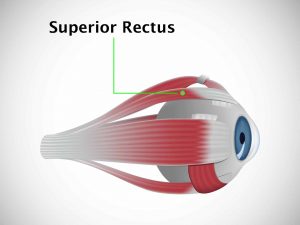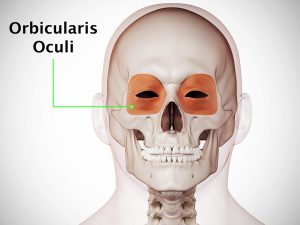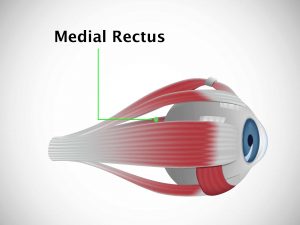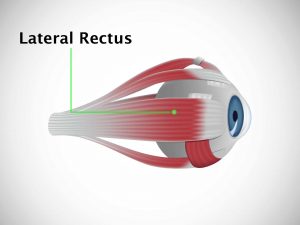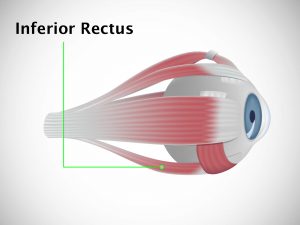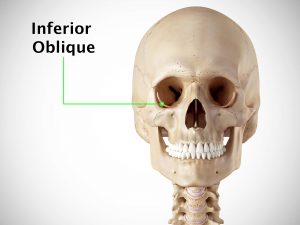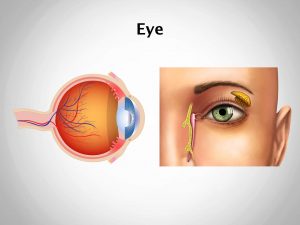Causes and risk factors
Optic disc drusen is a common cause of pseudopapilledema of optic disc. Other causes include myelination or abnormal positioning of the optic nerve (tilted disc), hypermetropia, and tumors or infections of the optic nerve.
Clinical presentation
Most patients with pseudopapilledema do not develop any symptoms. However, in the presence of optic disc drusen, the patient may develop gradual loss of vision.
Investigations
Pseudopapilledema of optic disc can be diagnosed on the basis of an ophthalmoscopic examination.
An ultrasonography, a CT scan or fluorescein angiography may be performed to rule out optic disc drusen and other underlying causes.
Treatment
There is no treatment necessary for pseudopapilledema. The patient, however, needs periodic monitoring in order to look for signs of other eye problems.
Complications
When associated with drusen of optic disc, a pseudopapilledema can lead to progressive loss of vision and eventually blindness.
When to contact a doctor
Contact a doctor as soon as you experience any eye symptoms.
Systems involved
Ophthalmology, CNS
Organs involved
Eyes, optic nerve

